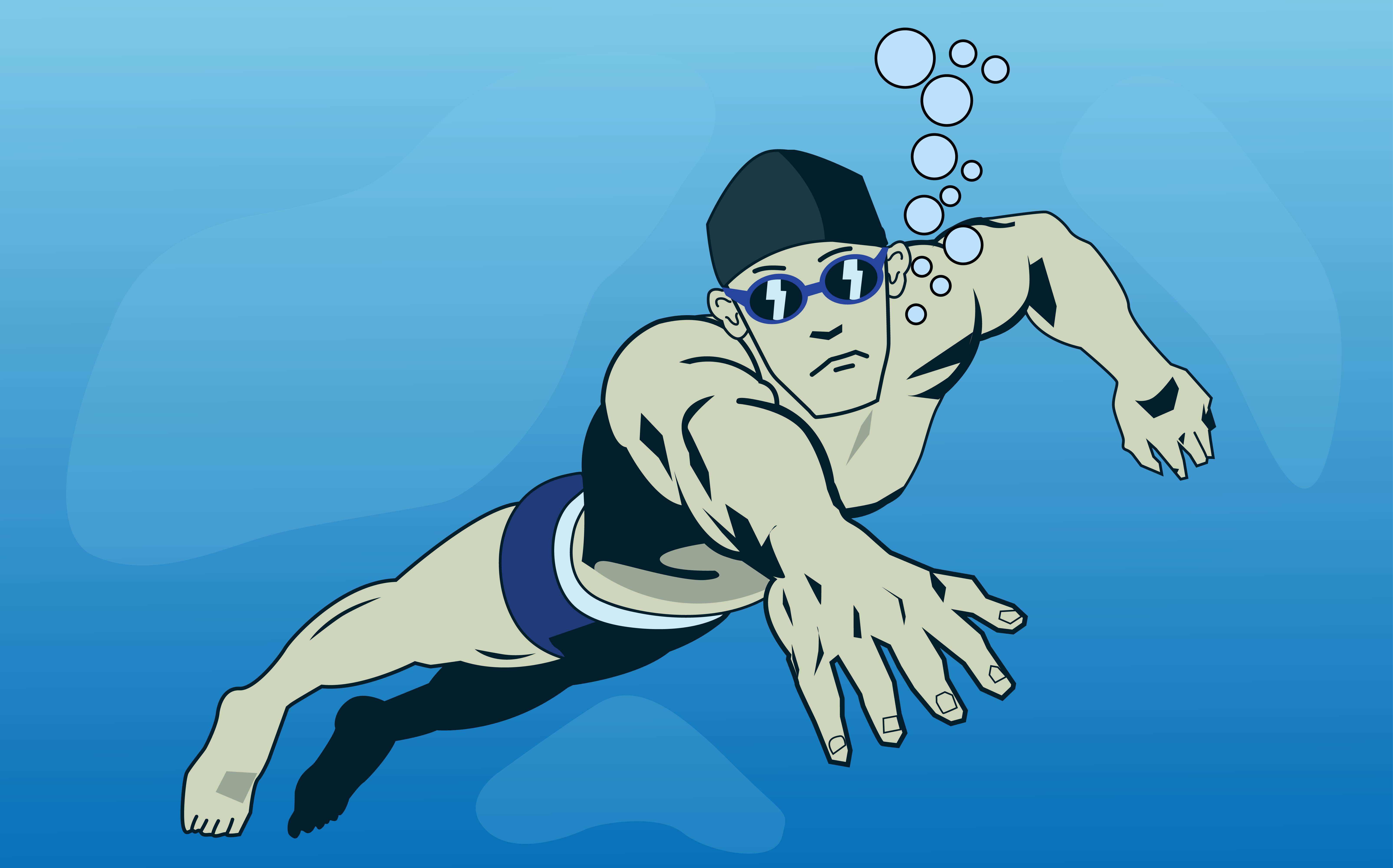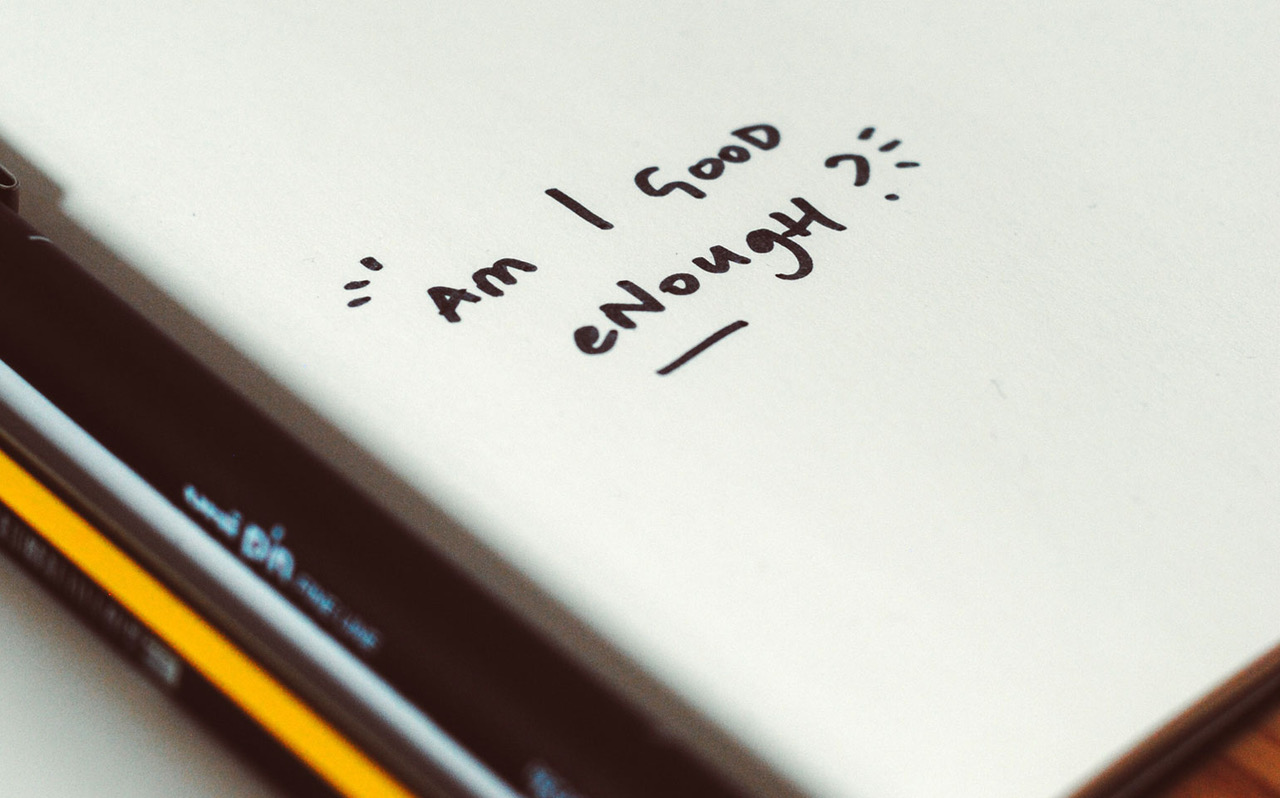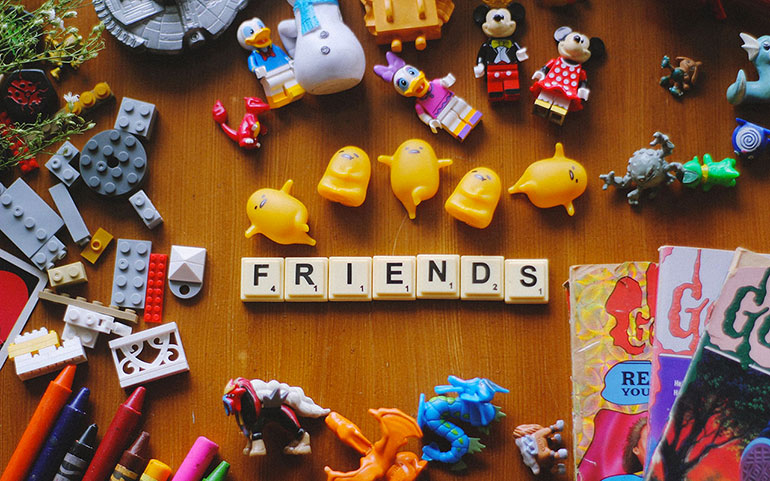Of Jealousy and Competition
Sometimes I really wish that I hadn’t quit swimming. It’s a great form of exercise, and certainly quite fun if you make it so. Yet, even now when I think back to the days when I had been enrolled in swimming classes, I still suffer from a tingle of fear for all the dread, misery, and jealousy I had felt in that environment. I wish I could go back to enjoying swimming, but at the same time, some part of my attitude for it remains ruined by memories of distress. Distress that was not caused by any outside aggressor, but by myself.
I wasn’t a bad swimmer back then, I was even placed in a competitive training class for the club that I went to. I was in the highest-level cohort in the entire club. Although, within this group of elite swimmers, I was practically one of the worst. That being said, I was not content to remain even at the bottom of the top, so I worked hard and tried my best to improve. But contrary to all my efforts, this was the part that stunted me. No matter how hard I swam, I just seemingly could not get any better.
My classmates seemed to have it easier than I did. While I worked to swim better, they seemed to have more time to play and do other things instead of actually swimming. Yet when it came time for the tests, they would always beat me again and again. How is it that swimming came so easy for them? Even when I worked hard, I didn’t have the same results. I was lost. I had always been told of the classic “hard work pays off.”
But in my eyes, I felt I was working way harder than my classmates but still stuck in my position at the tail end of the group. In my frustration, I reasoned that the sport just was not for me and gave it up.
For a long time, I justified my feelings of jealousy as a necessary evil for the sake of self improvement. I was paranoid that if I relaxed my competitive tendencies, I would fall into a habit of underachievement and complacency. Therefore, I needed competition and comparison as motivators for me to do better. For a while, this was effective. My competitive nature pushed me to work harder in swimming class instead of taking the easy way out and not fully applying myself. It was only later that I learned that toxic competition is not the only path to motivation. In fact, there are many other viable options that I can use to push myself forward without leading to a sense of failure when falling short of my immediate goals.
There’s nothing wrong with competition, but it’s how the competition is viewed. For example, I do not feel jealous when I lose an arm-wrestling match with my friends, because the primary goal of the arm-wrestling match is just to have fun. Had I set my goal in swimming to something like exercising, staying healthy, and trying to be better than I was last week, then maybe I would not have felt frustrated by being outperformed by my classmates.
Going swimming by itself would have fulfilled my goal of exercise, and I would have been content enough with being in competition with myself.
I have applied this kind of thinking for many of the other pursuits that I have done since. Of course, sometimes competition against others to be better than them is a great way to measure my own progress and incentivize growth, but it doesn’t have to be toxic. By balancing different goals and objectives, I found that changing how I viewed competition helped give me a better mindset for success when it comes to taking up any type of activity, swimming or otherwise.




